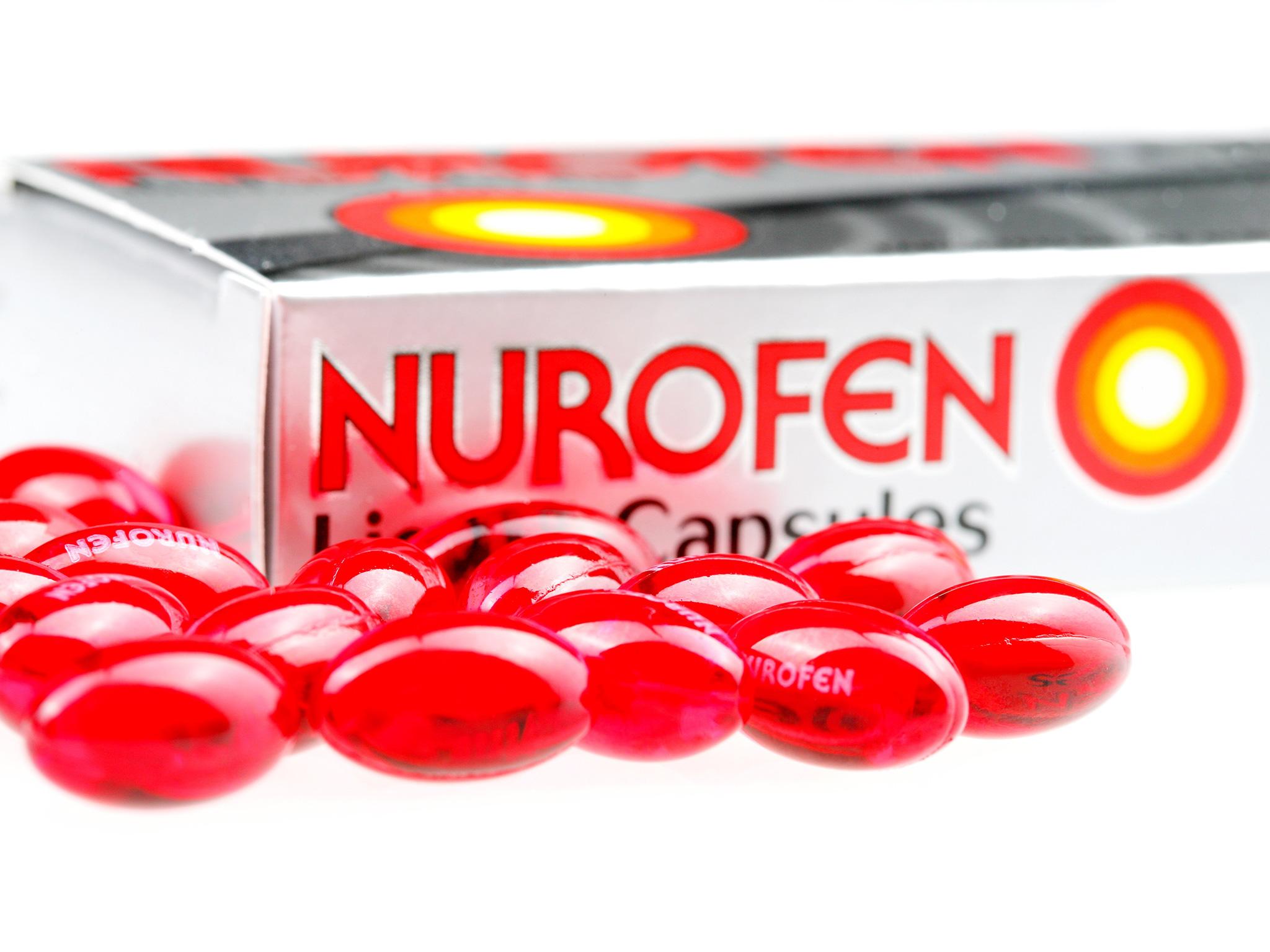Nurofen manufacturer's misleading claims about its painkillers was a marketing chimera to target the vulnerable
Claims that medicines manufacturers make have to be tightly regulated

Your support helps us to tell the story
From reproductive rights to climate change to Big Tech, The Independent is on the ground when the story is developing. Whether it's investigating the financials of Elon Musk's pro-Trump PAC or producing our latest documentary, 'The A Word', which shines a light on the American women fighting for reproductive rights, we know how important it is to parse out the facts from the messaging.
At such a critical moment in US history, we need reporters on the ground. Your donation allows us to keep sending journalists to speak to both sides of the story.
The Independent is trusted by Americans across the entire political spectrum. And unlike many other quality news outlets, we choose not to lock Americans out of our reporting and analysis with paywalls. We believe quality journalism should be available to everyone, paid for by those who can afford it.
Your support makes all the difference.When you’re in pain, you’ll spend anything to escape it.
Pharmaceutical companies know this well, particularly the marketing whizzes at Reckitt Benckiser. That’s why the claims that medicines manufacturers make have to be tightly regulated.
In the case of Reckitt’s Nurofen, the watchdogs here and Down Under have been way too lenient. It’s a pity that it took an Australian judge to make the right decision.
The company’s unapologetic response was to say that it created the brands Nurofen Back Pain, Nurofen Tension Headache and Nurofen Period Pain to “help the consumer easily navigate our range”.
Baloney.
While giving the impression that it had created variants to target certain types of pain, in reality it made a marketing chimera to target vulnerable people, knowingly persuading sufferers to buy duplicate medicines in the false belief that they were aimed at different ailments.
While a doctor would quickly help patients cut through such claptrap, these are over-the-counter cures for which patients don’t seek their GPs’ advice.
It’s not only over-the-counter cures that have landed Reckitt in trouble in the past. A few years back, the NHS sued it for £90m, claiming it was overcharging for the indigestion remedy Gaviscon. That case settled out of court. Gaviscon landed Reckitt in hot water before, when anti-competitive behaviour netted a £10.2m fine from the Office of Fair Trading.
Reckitt’s response to this latest scandal was to say that the Australian judgment did not apply to other jurisdictions. That’s true in a literal sense – a judge there has no clout here. However, now that UK regulators have seen Australia take such a dim view of Reckitt’s mountebank marketing, they may take note.
The Royal Pharmaceutical Society’s view – that we should stop whingeing and applaud Reckitt’s use of placebo psychology – is not the best of starts, but perhaps other bodies – the Advertising Standards Authority for one – may give the matter more thought.
Shoppers are grown-ups and should be cynical about claims. We didn’t really expect to look like Jennifer Aniston when we took Elvive shampoo into the shower.
But cures for the sick are a special case. Their claims should be policed accordingly, even if that is a pain for the manufacturers.
Join our commenting forum
Join thought-provoking conversations, follow other Independent readers and see their replies
Comments